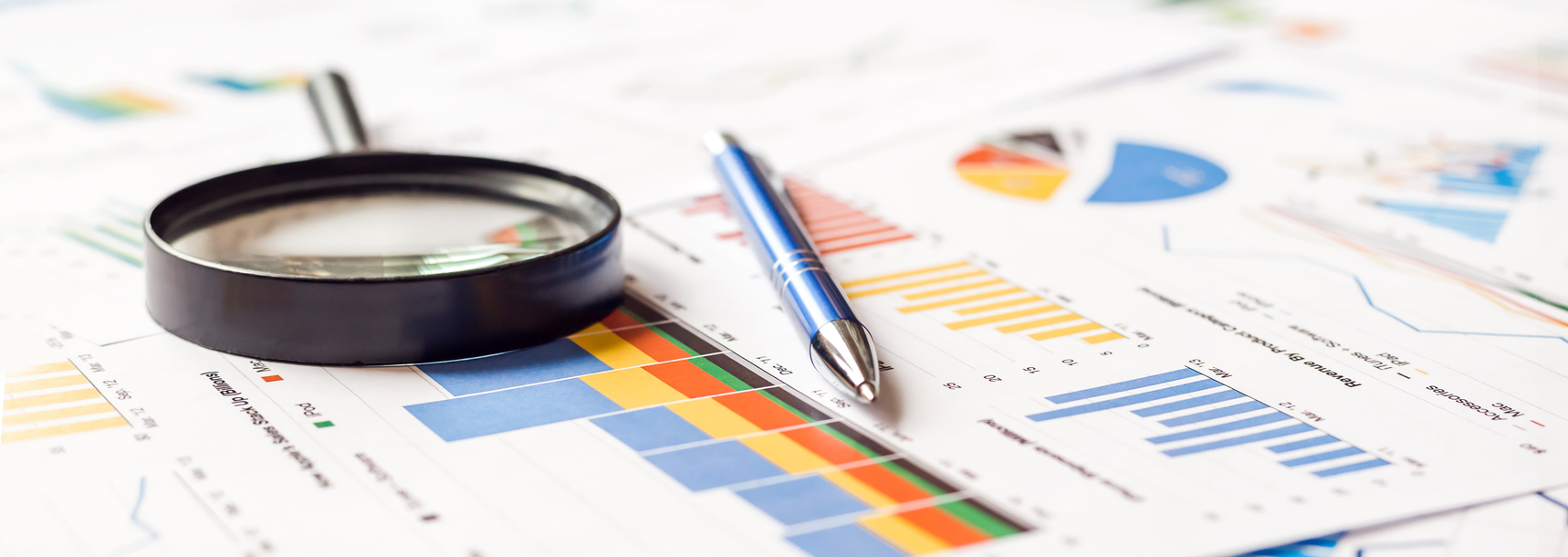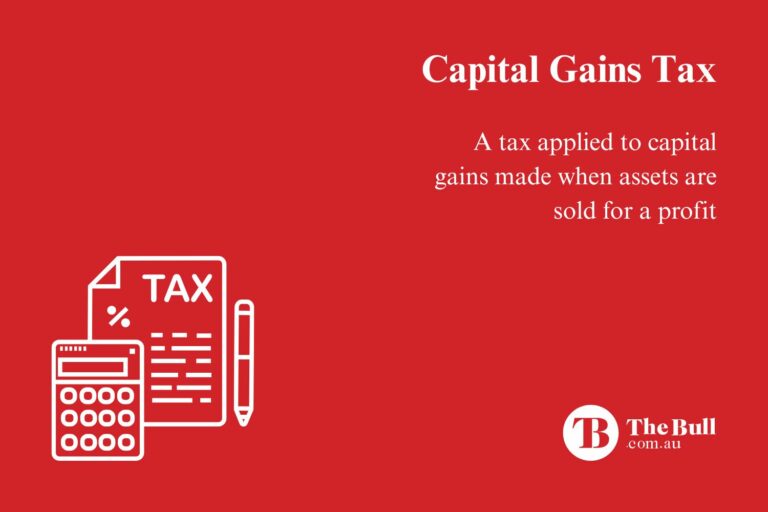What To Do When the Taxman Cometh
Of all the issues confronting newcomers in their search for learning the rules of the game, it is quite possible that the last one that comes to mind is taxes. After all, selling stocks usually comes much later in the investment process, especially for those investors attracted to “buy and hold” strategies. Eventually the day will come when they actually sell a stock for more, or less, than they paid for it, which in investment parlance is a capital gain or a capital loss. And capital gains are subject to taxation laws, varying by how long the stock was owned before the sale.

What is Capital Gains Tax?
At its core, a capital gains tax is relatively simple to understand. You bought an asset – stocks, property, antiques — for a given amount and sold it for more than that amount, with the difference qualifying as a gain. Capital gains are reported on your income tax return, adding to the total tax owed.
An asset sale for less than the purchase price is called a capital loss, also reported on an income tax return to offset capital gains of other assets, but not as a deduction against addressable income. Capital losses can offset capital gains reported on the same return.
For investors who file their own returns, the Australian Taxation Office (ATO) has a complete guide to capital gains taxes. However, the examples fail to highlight the complexities of stocks as an asset – which are often purchased over time and at different prices – versus a one-time home purchase.
Top Australian Brokers
- Pepperstone - Trading education - Read our review
- IC Markets - Experienced and highly regulated - Read our review
- eToro - Social and copy trading platform - Read our review
Most financial experts recommend investors with $5,000 to invest space their buys rather than on a single buy, and therein lies the one of the complexities of capital gains or losses on stocks.
Less complex is the difference between long term capital gains – assets held for longer than twelve months – and short term capital gains held for less than twelve months. Long term capital gains are reduced by fifty percent, resulting in reporting half the gain on your tax return. Short term capital gains are taxed at one hundred percent of the investor’s regular tax rate.
Both long term and short term capital losses can be used to offset capital gains, either on a current tax return or at any time in the future.

How is Capital Gains Tax Calculated?
The cost basis used in calculating capital gains is the original purchase price of the asset. What happens when an investor purchases 100 shares for $10 per share, followed by another purchase of 100 shares for $12 followed by another 100 shares for $15, each purchase a month apart? After 15 months following the last purchase, the share price has risen to $30 per share and the investor decides to take some profits, selling 100 shares.
What is his or her cost basis? Assuming trading fees of $20 to buy, is the cost basis $980, or an average of the three buys plus trading costs divided by the number of purchases — $980 plus $1180 plus $1480 for a total of $3640, then divided by the number of shares purchased – 300 – to get an average per share cost of $12.13 per share. The cost basis then is $1,213 for the shares sold. The capital gain would be $2880 minus $1213, less 50%, for a capital gain of $833.50. Note the 50% discount applies to shares purchased after 21 September of 1999.
This assumes the trading account the investor uses can provide financial records for each transaction. In the real world of stock market investing it is possible some investors may have switched trading accounts making it challenging to identify the date and cost of each transaction.
The ATO recognises a “First In First Out” (FIFO) calculation for the cost basis but according to the website allows the averaging method described above “in limited circumstances,” without specifying the circumstances.
In the FIFO method, the cost basis would be reduced to $980, leading to a higher capital gains tax for the investor — $3,000 minus $980 less 50%, or $1,010.
Investors with moderate to large portfolios and multiple buys throughout the tax year would be well advised to consult a tax accountant.
All Australian online brokerages offer record keeping for stock tracking. However, eToro – one of our top online brokerage providers – advises investors that the capital gains information it provides in its tax reports is for information purposes only, not a substitute for a tax adviser.
Australia does have companies that offer sophisticated portfolio software for tracking capital gains. Capable investors can also use Excel spreadsheets or financial management software programs like Quicken.
However, knowledge of the basics of the capital gains and losses taxing policy in Australia is essential to maximising investor returns.
Knowledgeable investors will hold off selling stocks in the same year purchased. Knowledgeable investors anticipating substantial capital gains in a given tax year can offset those gains by selling low performing stocks at a loss to offset the gains.
Trading Shares As A Business
According to the ATO if you buy and sell shares as a business as opposed to an individual retail investor, you could be classified as a “share trader.”
Share traders must meet the following conditions:
- Trading as a business activity with the express purpose of generating regular profits.
- High volumes of trades and purchases on a regular basis.
- Precise record keeping that may extend to annual reports.
- The amount of capital invested in stock purchases.
Retail investors cannot claim capital gains as addressable income nor can they deduct capital losses from addressable income. The capital gain is added to the taxes due and capital losses can be carried over indefinitely to offset capital gains.
Share traders are taxed as a business, not as an individual. As such, the profits from selling stocks are considered addressable income, not capital gains.
In addition, like any business, share traders can claim as a tax deduction any and all costs incurred as a result of buying and selling shares.
However, anyone considering share trading as opposed to share investing needs to consult a qualified tax accountant to ensure they meet the requirements spelled out by the Australian Office of Taxation.
Selling an asset like stocks or property ends with either a gain from selling for more than the purchase price, or a loss from selling for less than the purchase price.
Calculating capital gains involves subtracting the original purchase price, including fees, from the eventual selling price. Gains from stock sales held for more than 12 months are discounted by 50%. Losses and be used indefinitely to offset the capital gains.
Determining the original purchase price of stocks – the cost basis – varies based on single purchases versus multiple purchases over time. The ATO recognizes FIFO as a means of establishing the cost basis but accepts a cost basis based on averaging multiple purchases in limited circumstances.
Investors buying and selling shares as a business are taxed as a business, not as an individual. These share traders add capital gains to addressable income and can deduct the costs of doing business.





